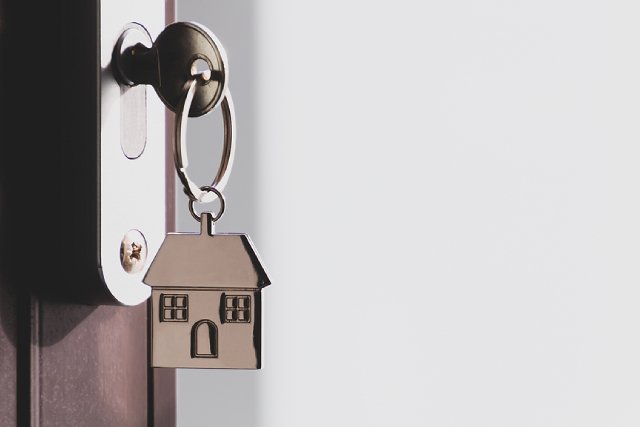EC vs. HDB BTO: Which Choice Is Better for First Timers?
For first-time home buyers in Singapore, the choice between an Executive Condominium (EC) and a Housing Development Board (HDB) Built-to-Order (BTO) flat can be a tricky one. Both options offer unique advantages tailored to different lifestyles, budgets, and future goals. Recent developments such as the introduction of Prime and Plus BTO flats have added further depth to the decision-making process. This article explores the key differences between ECs and HDB BTOs, helping first timers weigh their options carefully.
Understanding the Options: EC vs. HDB BTO
HDB BTO flats have long been the go-to choice for Singaporeans seeking affordable, government-subsidised housing. The newer Prime and Plus BTO categories have enhanced this appeal by providing flats in more desirable locations, often near transport hubs and amenities, albeit at slightly higher prices. These options attract singles and families with moderate to high budgets who prioritise accessibility and community living.
On the other hand, Executive Condominiums (ECs) occupy a unique niche as hybrid public-private housing. ECs are built and managed with features often found in private condominiums, such as swimming pools, gyms, and gated security. This appeals to buyers seeking a more “premium living” environment with facilities beyond the typical HDB setting. However, ECs usually come at a higher price point and are located further from the city centre.
For couples or families with monthly incomes in the range of S$12,000 to S$14,000, the decision between buying an EC or a Prime/Plus BTO flat may not be straightforward. Both have their pros and cons which deserve careful consideration.
The Journey from HDB to EC: Why Some Choose ECs
Many Singaporeans start their homeownership journey in an HDB flat and later upgrade to an EC when finances permit. This HDB to EC upgrade path is attractive because ECs often provide better capital appreciation potential and more upscale living environments. The EC’s private-like lifestyle and enhanced facilities are significant draws for buyers willing to pay a premium.
However, transitioning from HDB to EC involves understanding eligibility and financing constraints. For instance, EC buyers cannot tap into HDB concessionary loans and must rely on bank loans, requiring a minimum 5% downpayment in cash and higher maintenance fees averaging S$200 monthly, which can impact monthly budgeting. In contrast, HDB BTO buyers enjoy more generous government grants and lower initial costs.
Given these complexities, working with a housing agent in Singapore who understands the nuances of both ECs and HDB BTOs can be invaluable. Experienced agents can help buyers navigate eligibility rules, loan requirements, and resale conditions to find the most suitable option.
Comparing the Key Features
1. Affordability
Affordability remains the decisive factor for many first timers. The average launch price for ECs in 2024 stands at about S$1,500 per square foot, nearly double the S$738 per square foot for Prime BTO flats. This price gap is significant and means that buyers need a substantially larger budget for an EC.
Additionally, EC buyers face a stricter financing landscape. They must provide at least 5% of the purchase price in cash upfront and can only use bank loans, which typically come with higher interest rates compared to HDB concessionary loans available for BTO buyers. In contrast, BTO buyers can pay the entire downpayment using CPF funds, and their monthly service charges are typically much lower (around S$90 compared to S$200+ for ECs).
2. Lifestyle Preferences
Lifestyle choices strongly influence whether an EC or BTO flat is more appealing. EC residents enjoy a private condominium experience complete with amenities like swimming pools, gyms, and tennis courts within a gated estate. This sense of exclusivity and luxury is hard to find in standard HDB BTOs.
Meanwhile, HDB Prime and Plus BTO flats focus on practical living conveniences such as proximity to transport, schools, and community spaces, appealing to buyers who prioritise location and affordability over private amenities.
3. Eligibility Criteria
Both ECs and BTOs have eligibility requirements, but there are differences. Singles above 35 years can apply for BTO flats under the Single’s Scheme, but for ECs, single buyers must apply under the Joint Singles’ Scheme with up to three other singles. Income ceilings differ as well: S$14,000 for BTO flats versus S$16,000 for ECs.
These criteria play an important role in deciding which option is available to a buyer or family.
4. Resale and Ownership
After the mandatory Minimum Occupation Period (MOP), resale conditions differ markedly. EC owners can sell their flats on the open market after 10 years of ownership without restrictions, potentially to foreigners or investors. HDB BTO owners must adhere to a 10-year MOP and are subject to resale restrictions including income ceilings and subsidy clawbacks.
Moreover, ECs tend to experience higher capital appreciation. Data from recent EC projects shows resale price increases between 60% and 90% upon reaching MOP, translating to substantial financial gains for owners. Although HDB resale flats have also appreciated significantly over the years, their growth is typically more modest compared to ECs.
What Should First Timers Consider?
Affordability vs. Aspirations
First timers must evaluate their financial comfort level carefully. If you have the budget and desire for an elevated lifestyle with private facilities and higher potential for capital gain, ECs may be the better choice despite their higher upfront costs and monthly fees.
Conversely, if affordability, lower financial risk, and proximity to central amenities are priorities, the new Prime and Plus BTO flats are attractive options that still offer long-term value and government support.
Location and Community
While ECs are often located further from the city centre, BTO flats under the new classifications tend to be in well-connected areas, making daily commutes and access to schools and services easier. This convenience can outweigh the luxury appeal of EC facilities for some families.
Future Plans
If you anticipate upgrading or selling your home within a decade, consider the resale conditions carefully. ECs offer greater flexibility post-MOP, while BTO flats have stricter eligibility rules for resale buyers and clawback conditions that may reduce profit.
Conclusion
Choosing between an EC and an HDB BTO flat boils down to balancing budget, lifestyle preferences, eligibility, and future plans. Both housing options provide first-time buyers in Singapore with viable pathways to homeownership but cater to distinct needs.
If you’re still unsure which option aligns best with your circumstances, seeking advice from a knowledgeable housing agent in Singapore, like NeezaNizam, can make a world of difference. We can provide personalised guidance and help you navigate the complex landscape of public and hybrid housing, ensuring you make the most informed decision for your future home.
Get in touch with us today for more information.


